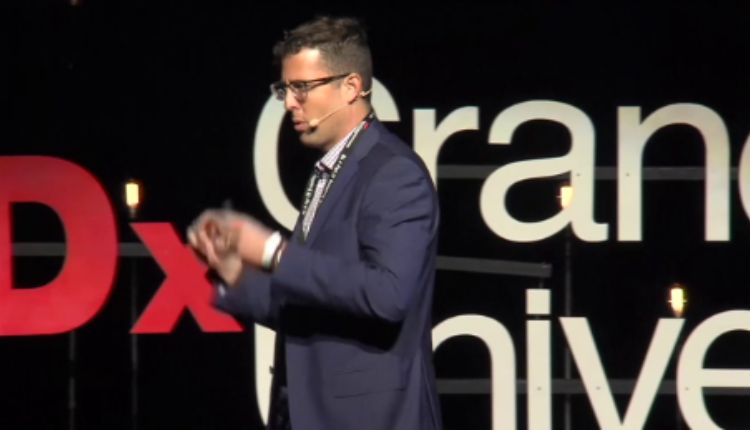If you’ve been paying attention to how the world is changing, especially around aging, you’ve
I probably noticed something: people aren’t just living longer; they’re trying to live better. And
That shift in mindset is shaping everything from healthcare to how we connect
Later in life.
As someone who’s worked in neuropsychology and aging care for many years, I’ve had a front-
row seat to these changes. And I can tell you, there’s a lot to be hopeful about, but there are also some
things we still need to get right.
Early Awareness Is Changing the Game
We’ve made real progress in recognizing the early signs of cognitive decline. Years ago, memory
issues might’ve been brushed off as “just getting older.” Now, we know better. Early detection
matters. It gives people a window of time to make meaningful changes, like adopting healthier
habits or getting the support they need.
It’s not about fear. It’s about giving people control over their aging journey.
Connection Is Powerful Medicine
One of the most overlooked pieces of aging well? Staying connected. Loneliness isn’t just
emotionally difficult—it’s physically and mentally harmful. Social isolation has been linked to
everything from cognitive decline to higher mortality rates.
Thankfully, more communities and organizations are recognizing this. From group exercise
classes to community dinners, small shifts toward social engagement can have a big impact.
Aging well isn’t just about the brain or the body—it’s about the whole person.
Systems Still Have a Long Way to Go
Even with all this progress, we can’t ignore a hard truth: our systems of care are often
underprepared—or even misaligned—when it comes to truly supporting older adults. Too many
services feel impersonal, rushed, or simply inaccessible to those who need them most.
We need models of care that prioritize compassion, dignity, and long-term well-being, not just
efficiency or profit. And we need leadership willing to push for those changes.
Bridging Clinical Insight with Systemic Change
That’s why I’ve shifted some of my focus to working directly with healthcare organizations.
I want to help build systems that work—clinically, financially, and humanely. When we integrate
real-world clinical experience into healthcare design, the result is better outcomes for everyone.
Aging touches every one of us eventually. That makes this not just a healthcare issue—it’s a
human one.
Looking Ahead
The future of aging isn’t just about adding years to life—it’s about adding life to those years.
And we have the tools to make that happen. Let’s choose to use them with intention, empathy,
and innovation.
For more about my work in cognitive care and aging, visit www.drjohndenboer.com.

